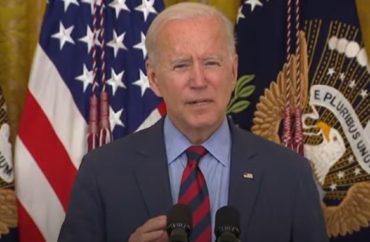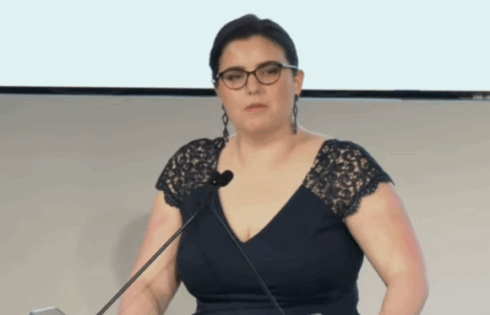
Department of Labor doesn’t include important research on STEM, professor says
The Department of Labor is considering broadening who qualifies for “permanent employment” as a foreign workers, a change that could include expanding what is considered a Science, Technology, Engineering, and Math, or STEM, job.
The Employment and Training Administration within the DOL is taking comments until Feb. 20.
The new rule would expand Schedule A STEM and “non-STEM occupations.”
Schedule A professions are “occupations where DOL has determined a scarcity of qualified US workers,” creating a prioritization that simplifies the hiring process for employers,” according to an immigration law firm.
But a Howard University political scientist who studies immigration and STEM said that some American college graduates could be harmed by the proposal.
Professor Ron Hira told The College Fix on a phone call there are key pieces of STEM immigration scholarship missing from the citations used by the Labor Department. He writes extensively on outsourcing and STEM policy, and his experience includes working as a fellow for the Democratic staffers of the U.S. House of Representatives’ Education & Workforce Committee, according to his curriculum vitae.
In his professional opinion, this leaves room for doubt in the grounding of the work.
Hira suggests that there is “a gap between rhetoric and reality” propelling the Employment and Training Administration to put forward this proposal.
MORE: UConn seeks engineering ‘inclusion’ chair
Basic economics, he said, would suggest that if there is a surplus of workers flooding the STEM job market, then the wages in these jobs can be kept low on the part of companies. Hira suggested there could be economic interests behind the rule.
He also pointed to recent records that there is not much growth in STEM fields such as tech or engineering, and in fact according to Layoffs.fyi, there has been a stagnation and frequent layoffs in American technology.
He also sent further comments via email, including a piece he wrote in 2022 that addressed the claims, in response to questions from The Fix.
“A robust science, technology, engineering, and mathematics (STEM) workforce is essential for the United States, serving as the foundation for effective employment, immigration, science and technology, education, and national security policies,” the professor previously wrote.
He wrote that since 1950 the National Science Foundation has been tasked with tracking STEM jobs and needs. “And yet, for almost as long, unsubstantiated claims that there is a significant shortage of STEM talent have been a running feature of STEM workforce policy discussions,” he wrote.
Hira also told The Fix there is work, including from within the DOL itself, that questions the need for more STEM workers. Yet, it is not included in the proposed regulations.
The 2015 article Hira points to says there is a shortage of some STEM degrees but a surplus of others.
“Upshot is that there’s no one size fits all. There are many different STEM labor markets,” Hira wrote to The Fix. “The market for PhD biologists differs from bachelor’s degree computer scientists”
A Labor Department spokeswoman said immigration changes are not allowed to harm American wages.
“Under the Immigration and Nationality Act, eligibility for Schedule A Designation requires certification that there are not sufficient U.S. workers….and that the employment of foreign workers ‘will not adversely affect the wages and working conditions of workers in the United States similarly employed,’” (emphasis original) Monica Vereen told The Fix via email on Jan. 31.
There are no further plans for actions besides the Request for Information, Vereen said.
MORE: ‘U.S.-born workers’ without college degrees benefit from low immigration
IMAGE: CNBC Television/YouTube
Like The College Fix on Facebook / Follow us on Twitter






Please join the conversation about our stories on Facebook, Twitter, Instagram, Reddit, MeWe, Rumble, Gab, Minds and Gettr.